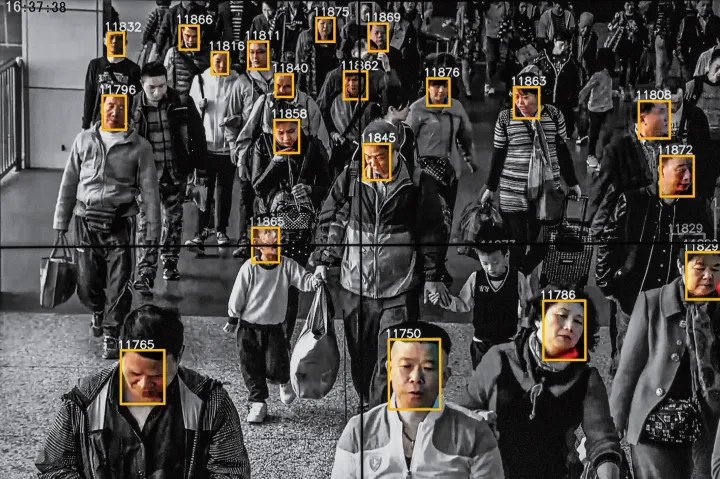China’s Social Credit System Extends Reach to Metaverse and Virtual Worlds

China is reportedly aiming to extend its social credit system’s influence into the metaverse and other online virtual realms, raising concerns about privacy and control. Recent reports from POLITICO unveiled China Mobile’s proposal to establish a digital identification system for users across these digital spaces. This move sparks discussions about the potential ramifications of such a system. Moreover, it questions its alignment with the country’s existing social credit infrastructure.
TL;DR:
- China aims to introduce social credit system elements into the metaverse and online virtual spaces.
- Proposed digital IDs would store personal info and job details, raising privacy and control concerns.
- This move mirrors China’s existing social credit system and could impact metaverse standards and governance.
Is China’s Social Credit System Going To Ruin The Metaverse?
The proposal suggests creating a digital ID for users in the metaverse and online virtual worlds. This system captures both “natural characteristics” and “social characteristics.” The rationale behind this idea revolves around maintaining order and safety within these digital landscapes. The proposed digital IDs may encompass a wide array of personal information and identifying attributes. These include users’ professions and other personal data. Furthermore, the proposal advocates for the permanent storage and sharing of this data with relevant authorities.
One significant example cited to highlight the benefits of this proposed system involves tackling disruptive behavior within the metaverse. The digital ID could expedite the process of identifying and penalizing individuals who engage in ominous activities. For example, these include spreading rumors and causing chaos.
The parallels between this proposal and China’s existing social credit system are evident. The country’s ongoing efforts to evaluate and rank citizens based on various behavioral metrics have led to the development of an enforcement mechanism. This mechanism, as reported by the Associated Press in 2019, results in the denial of plane tickets and train travel to millions of social offenders.
Observers also note that Chinese firms actively contribute more metaverse-related proposals to the focus group. This is compared to their counterparts from the United States and Europe. This dynamic is fueling concerns that China aims to set the standards for the metaverse’s identity protocols and governance, exerting a lasting influence over the digital realm.
As these discussions unfold, critical questions also emerge about the implications of intertwining identity protocols with governmental authorities. The potential outcomes could reshape the landscape of virtual worlds and provoke global reflection on the extent of control societies are willing to cede in exchange for order and security.



